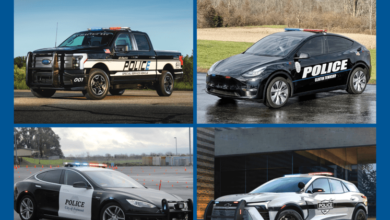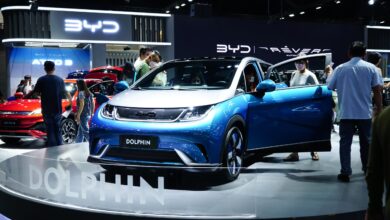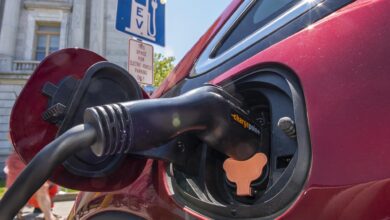First look at the Sony Honda EV: More than a PlayStation on wheels
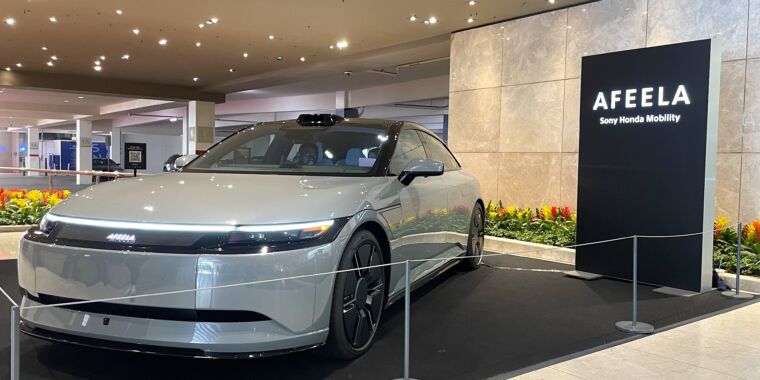
Peter Nelson
We’re living through a period of radically shifting automotive technology. Companies are working on increasing electric vehicle range and redefining our concept of reenergizing. They’re also gradually refining driver assistance technology and figuring out how to make vehicles an extension of their drivers.
Sony Honda Mobility’s (SHM) main aim with its AFEELA luxury-tier sedan concept is to put the emphasis on the latter. The dynamic duo’s website is filled with marketing buzzwords, but what is the concept actually like in person?
Recently, I was invited by SHM to check out AFEELA firsthand. It’s still very much a prototype, so certain key information like price, range, and charging times weren’t disclosed. But it was still worthwhile to see how these two Japanese institutions put their know-how into this spacious sedan.
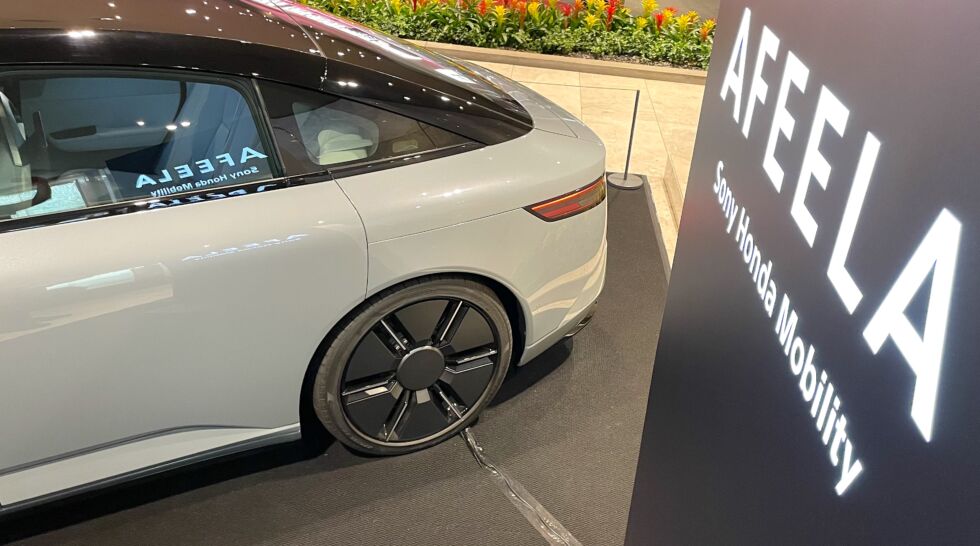
Peter Nelson
Long-live big sedans
Regardless of manufacturer, I’m a sucker for big sedans, and it’s cool to see AFEELA continuing down this road, torch in hand. The car is a handsome, sleek brute. One might call it a Lucid knock-off, but I’d say it’s more a case of modern design language meeting optimized aerodynamics in spacious sedan packaging.
When AFEELA personnel pressed a somewhat hidden button near the car’s window frame, the large front driver door swung wide open, revealing a very welcoming environment. Integrated into the B pillar is a facial recognition camera that allows for even more seamless opening and closing.
The interior is minimalistic and airy, with a single knob in the center console—presumably for park, forward, and reverse—and instead of a usual steering wheel, there’s a yoke for what AFEELA personnel described as an uninhibited view of the instrument cluster screen. Stage right of that is a massive screen displaying an expansive infotainment system, with a Sony gaming controller mounted below in its own dedicated holder—more on that in a bit.
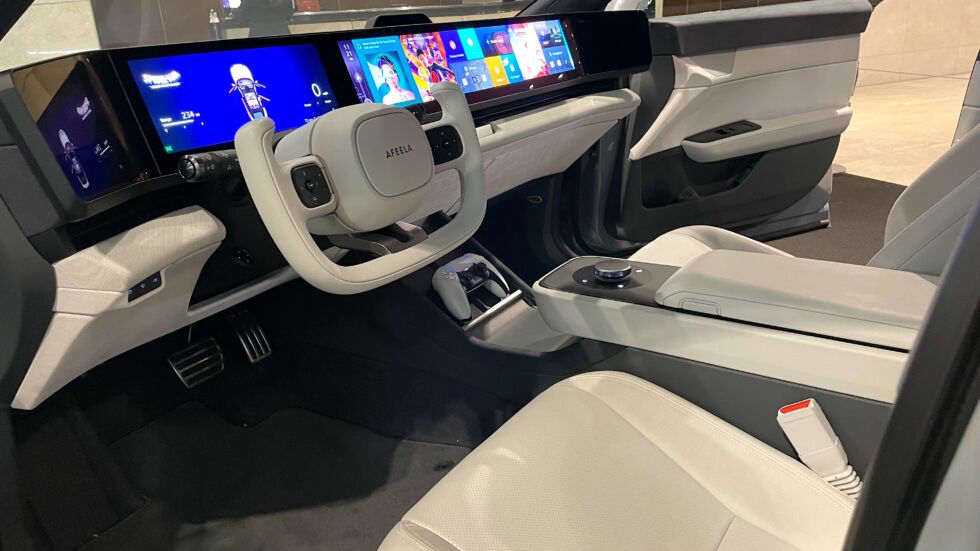
Peter Nelson
Both the front and rear seat areas are roomy, with pleasant overall materials quality and supple white leather. Visibility is generally good; the car’s higher beltline means you sit down in it like a cocoon of luxury. Rear-seat passengers each get a panoramic screen, though I didn’t spend much time back there, and the units present were non-functioning.
An expansive user interface
AFEELA’s three core pillars are augmentation, autonomy, and affinity. Augmentation means that the vehicle can change and adapt to the owner, and it has a variety of available themes to suit any personality. Sony’s Gran Turismo property is available as a theme, changing AFEELA’s interface colorways and various sounds to give them more enthusiasm. [You can also drive the AFEELA now in GT7 thanks to the latest update. Stock, it understeers too much.—Ed.]
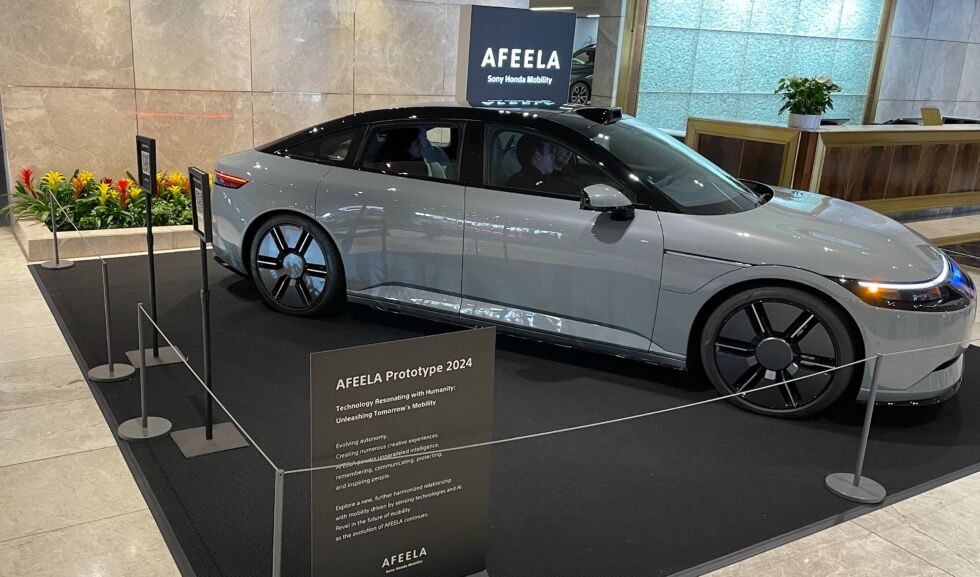
Peter Nelson
That’s fun and all, but what really struck me was how seamless the interface was. To move different screens around—within the massive center screen or to others throughout the vehicle—just press, hold, move, and release. Haptic feedback is quite good, the graphics are incredibly crisp and colorful, and there is no lag in moving elements between screens. As personnel pointed out, Sony has extensive experience here due to its smartphone and gaming system development, and it certainly shows.

